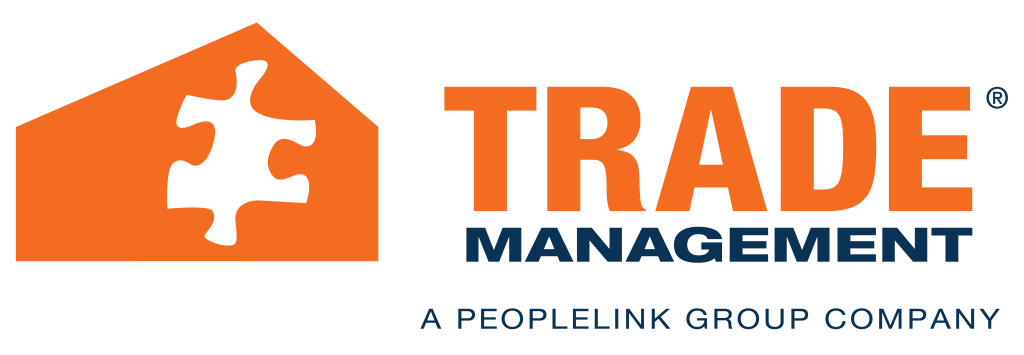
Currently, approximately 34.7 million individuals are employed in skilled trade professions across the United States. The skilled trades sector has always been a cornerstone of the economy and demand for skilled laborers is expected to remain strong in the coming year, with an estimated need for half a million new workers. As we approach 2025, certain trades are becoming particularly vital due to economic trends, technological advancements, and shifting workforce demographics. For businesses, understanding which trades are in high demand is crucial to staying competitive. For the labor force, knowing which positions to focus on is key to career development. Here is a closer look at the skilled trades poised to experience significant demand in the coming year.
Electricians
With an expected 80,000 open positions for 2025, electricians are in greater demand than ever. The demand for energy-efficient solutions and renewable energy sources continues to grow. The shift to electric vehicles (EVs) and the expansion of EV charging infrastructure require skilled electrical work, as do residential and commercial solar power installations. Advancements in smart home technologies mean more opportunities for electricians to integrate automated systems into homes and buildings.
HVAC Technicians
Currently, an estimated 110,000 HVAC positions are unfilled. The HVAC workforce shortage is expected to reach 225,000 within the next five years. Heating, ventilation, and air conditioning (HVAC) systems are critical for maintaining comfortable and efficient environments. With a growing focus on energy efficiency and green building certifications, HVAC technicians are increasingly relied upon to upgrade systems, perform maintenance, and ensure compliance with stricter environmental standards. Additionally, the rise in extreme weather events also highlights the need for reliable climate control systems.
Plumbers
The plumbing trade continues to grow in demand as urban populations expand and infrastructure ages. The need for plumbers, pipefitters, and steamfitters is expected to grow 6% over the next 8 years. Skilled plumbers are needed to address the growing need for water conservation technologies, including low-flow fixtures and greywater systems. New construction projects and major urban redevelopment initiatives also drive the need for professional plumbers who can manage both residential and commercial plumbing requirements.
Welders
Welding is a high-demand trade, especially in industries such as construction, manufacturing, and energy. The U.S. is facing a welder shortage. With federal investments in infrastructure projects, including bridges and highways, welders are needed to support these initiatives. The increased interest in renewable energy, particularly wind turbines and solar farms, also creates opportunities for those with welding expertise.
Construction Managers and Tradespeople
The construction industry is booming, with projects ranging from residential housing to large-scale commercial developments. Skilled tradespeople such as carpenters, masons, and equipment operators are in high demand, as are construction managers who can oversee these complex projects. The emphasis on green building practices further underscores the need for skilled labor to execute sustainable construction techniques.
Automotive Service Technicians
Employment in the auto service field is expected to grow by 3% for the next 8 years. As electric and hybrid vehicles become more common, automotive service technicians who can work on advanced systems are increasingly sought after. Knowledge of traditional internal combustion engines is still valuable, but specialization in EV systems, batteries, and electronics positions technicians as leaders in the rapidly evolving automotive industry.
Industrial Maintenance Technicians
With the rise of automation and smart factories, industrial maintenance technicians are critical for keeping equipment running efficiently. These professionals must have a deep understanding of robotics, programmable logic controllers (PLCs), and other advanced manufacturing systems. As industries move toward predictive maintenance models, those with tech-savvy skills are indispensable.
Adapting to Meet the Demand
The high demand for skilled trades in 2025 is fueled by factors such as technological advancement, demographic shifts, and government investments. To meet this demand, the workforce must focus on ongoing training, apprenticeships, and certifications to stay current with industry needs. Staffing agencies play a pivotal role in bridging the gap between skilled workers and employers, offering businesses access to talent pipelines while guiding tradespeople toward rewarding opportunities. By staying informed and investing in training and resources, both businesses and workers can thrive in 2025 and beyond. Whether you are an employer looking to add to your skilled trades workforce or a skilled tradesperson looking for your next step, contact Trade Management today!






